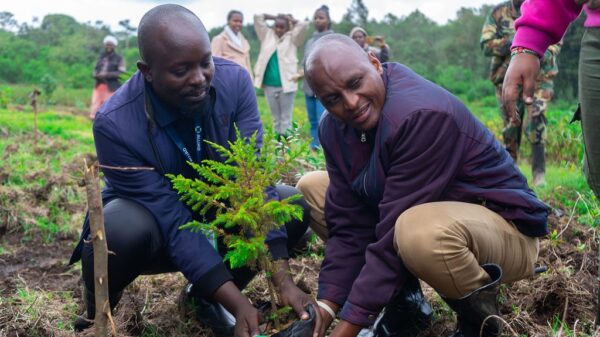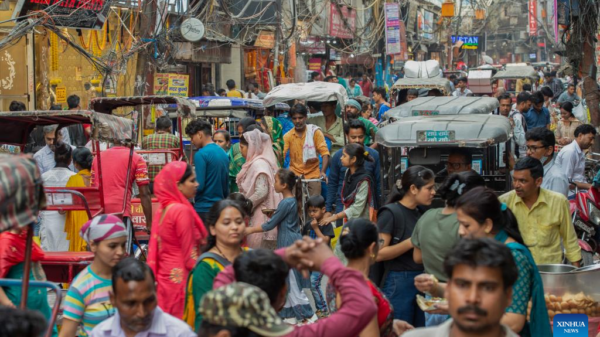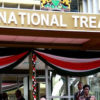NAIROBI, Kenya, Feb 12 – The Orange Democratic Movement (ODM) is calling on the government to instruct the National Cereals and Produce Board (NCPB) to buy locally produced wheat at fair prices.
The plea comes amid challenging market conditions for wheat farmers in Narok County following a bumper harvest spurred by favorable weather.
Acting Party Leader Anyang Nyong’o stated that neither the NCPB nor private millers are purchasing the wheat, leaving farmers exposed to significant financial losses.
“The situation is exacerbated by the influx of cheap imported wheat flooding the market, which undermines our local producers,” he said. Nyong’o urged the government to regulate wheat imports to protect domestic farmers from unfair competition.
He further called on the government to provide immediate storage and logistical support to prevent post-harvest losses, and to offer financial relief for affected farmers, including loan restructuring options.
“The plight of our wheat farmers is a national crisis that needs immediate and decisive action to safeguard Kenya’s food producers and secure our agricultural future,” Nyong’o added.
This call for intervention follows reports from wheat farmers led by Chairman Stanley Koonyo, who revealed that over 10 million 90-kilogram bags of wheat have been stored since the harvest season began in August 2024, with no millers showing interest in purchasing the produce.
Koonyo noted that despite efforts to secure subsidized fertilizer and chemicals to boost production and improve food security, the produce remains unsold.
He expressed concern that while wheat from Narok County currently constitutes only 5% of the country’s consumption, increasing production to 10% without a proper market could have severe repercussions.
Koonyo called on the Department of Agriculture to intervene and find solutions, noting that many farmers are burdened with substantial loans from financial institutions.
Narok County, known for its large-scale wheat farming, produces up to 20 bags per acre—each bag weighing 90 kilograms and selling between Sh4,000 and Sh5,000—with most production concentrated in the Mau regions where the climate is ideal for the crop.

































